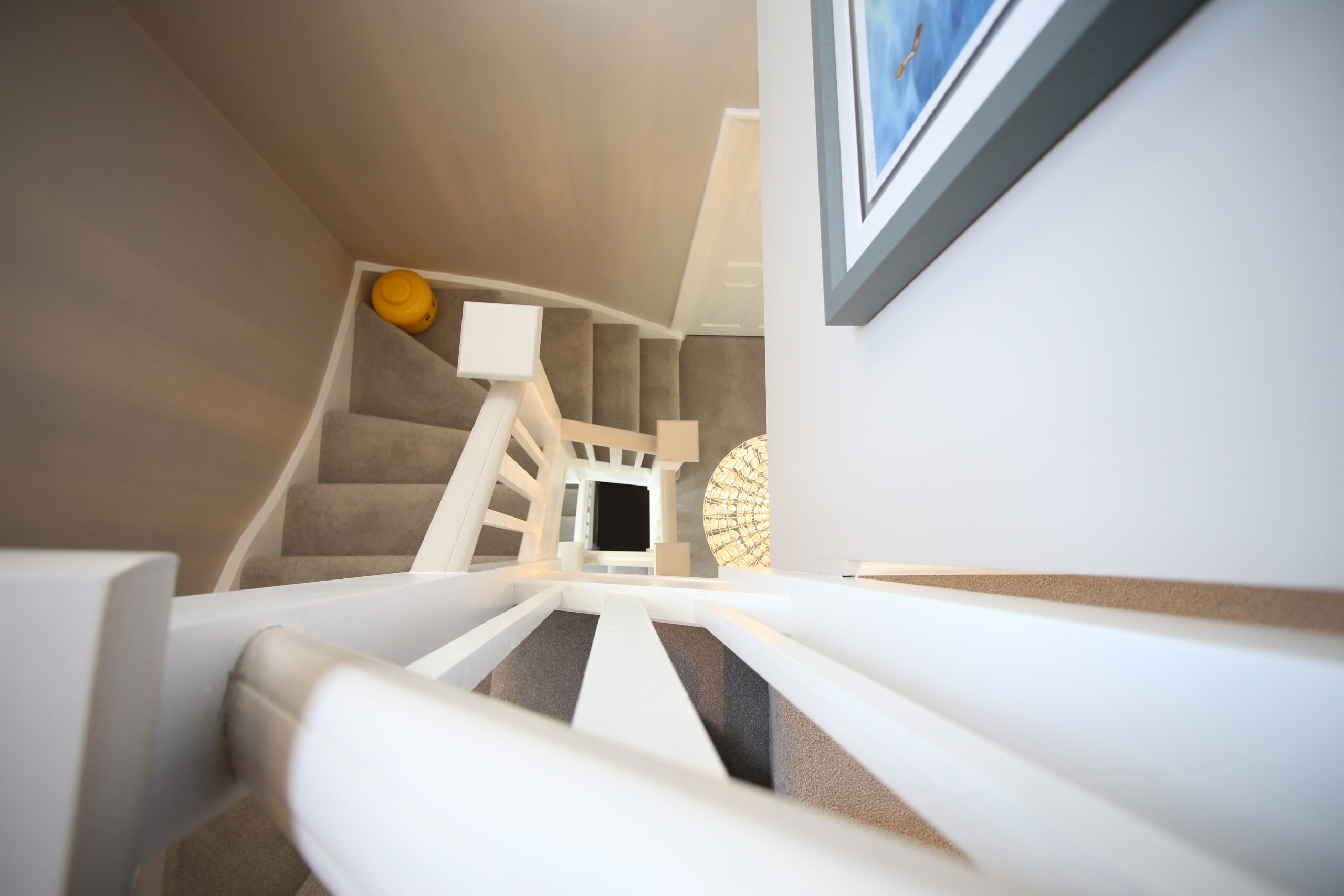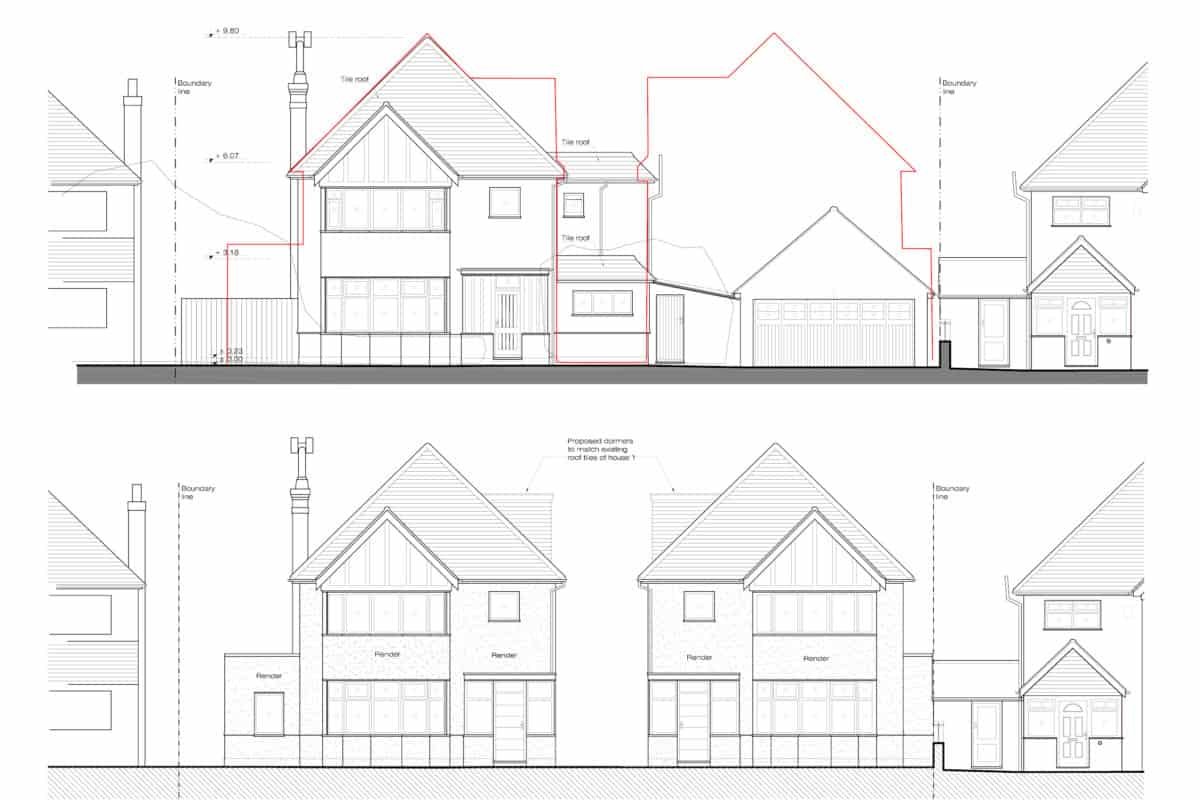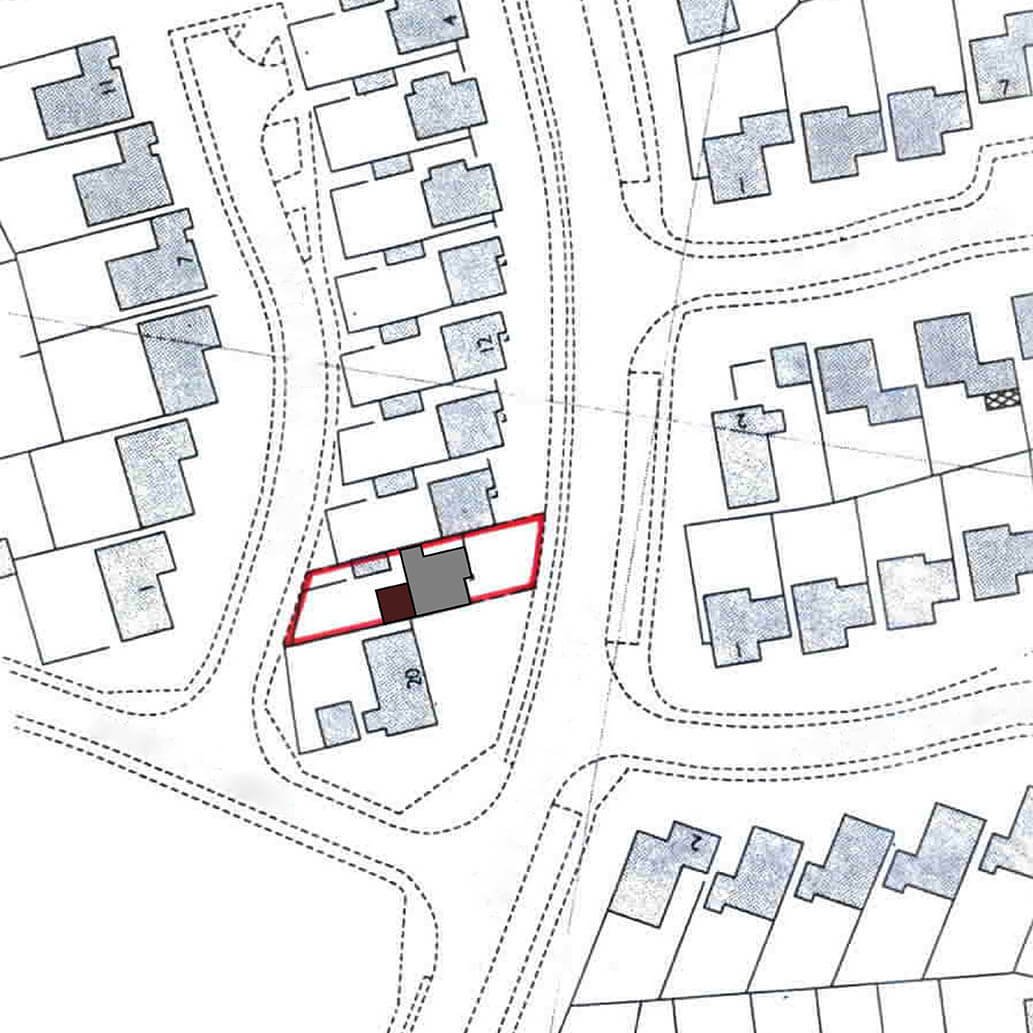[Do You Need Planning Permission for a Modular Home?] As a homeowner interested in constructing a modular home, understanding the legal requirements is crucial. This article will delve into the topic of planning permission for modular homes, exploring when it’s necessary and the factors to consider when submitting an application. By delving into the must-know considerations, you’ll gain valuable insights to guide your decision-making process and ensure a smooth project.
Key Takeaways:
- Modular homes usually require planning permission if they’re:
- Larger than 100m²
- In place for more than 28 days
- Exemptions may apply to smaller modular homes that:
- Are 100m² or less
- Stay in place for 28 days or less
- Special authorization is often needed for placing modular homes in protected or conservation areas
Do You Need Planning Permission for a Modular Home?

Yes, you generally need planning permission for any modular home that will be in place for more than 28 days. This is because modular homes are considered permanent structures, and as such, they must meet the same planning regulations as traditional houses.
Exemptions:
There are some exemptions to this rule, including:
- Modular homes with a floor space less than 100m² that will not be in place for more than 28 days.
- Modular homes that are located in Listed or conservation areas may also need additional authorization.
Process:
To apply for planning permission for a modular home, you will need to submit a planning application to your local planning authority. The application will need to include information about the proposed modular home, such as its size, location, and design.
The planning authority will then review your application and make a decision on whether or not to grant planning permission. The decision will be based on a number of factors, including the local planning policies, the impact of the proposed modular home on the surrounding area, and the design of the modular home.
Timing:
The planning process can take several months. Once you have submitted your application, the planning authority will have to make a decision within a set timeframe. However, the timeframe can vary depending on the complexity of the application and the local planning authority.
Cost:
The cost of planning permission will vary depending on the size and complexity of the proposed modular home. However, you should expect to pay a fee of several hundred pounds.
Conclusion:
If you are planning on building a modular home, it is important to check whether or not you need planning permission. If you do need planning permission, you should submit your application as early as possible to avoid any delays.
If you’re experiencing persistent calf muscle pain, try homeopathic medicine for calf muscle pain. If traditional remedies aren’t working for your throat infection and cough, consider homeopathic medicine for throat infection and cough. For a holistic approach to health, explore homeopathic and naturopathic medicine.
Considerations to Keep in Mind When Making Your Application

Applying for planning permission may be a time and demanding undertaking, particularly for modular homes. Several factors can influence the outcome of your application. Here are some critical considerations to keep in mind:
-
Land Ownership and Use: Ensure you have clear ownership of the land where you plan to place your modular home. Research local zoning regulations to determine if modular homes are permitted, as some areas may have restrictions.
-
Site Suitability: Carefully assess the suitability of your site for a modular home. Consider factors such as soil conditions, accessibility, and environmental impact. Consult with a surveyor or geotechnical engineer to ensure the site is appropriate.
-
Visual Impact: Local authorities will consider the visual impact of your modular home on the surrounding landscape. Carefully plan the placement of your home to minimize any potential negative effects on the aesthetic appeal of the area.
-
Neighboring Properties: Inform your neighbors about your plans and consider their potential concerns. Address any objections or suggestions they may have to ensure community support.
-
Building Codes: Modular homes must comply with all applicable building codes and regulations. Work with a qualified builder who has experience in constructing modular homes to ensure the design meets the required standards.
Key Takeaways:
- Verify ownership and land use regulations.
- Assess site suitability and conduct necessary surveys.
- Consider the visual impact and minimize any negative effects.
- Inform neighbors and address their concerns.
- Ensure compliance with all building codes and regulations.
Additional Information:
- Planning Permission For Modular Buildings – Do You Need it?
- Do You Need Planning Permission for a Modular Home?
Is Planning Permission Required for Modular Buildings?
Unlocking the intricacies of modular building regulations, let’s delve into the realm of planning permission, a cornerstone of responsible construction.
Key Takeaways:
- Planning permission is essential for modular buildings in the UK, regardless of size or placement duration.
- It ensures proper urban development and alignment with local regulations.
- Exemptions may apply for small, temporary structures.
Land Ownership and Use
- Secure ownership or lease agreement for the land intended for construction.
- Verify zoning regulations to confirm modular homes are permitted.
Site Suitability
- Conduct thorough site evaluation by professionals (e.g., surveyor, geotechnical engineer).
- Assess soil conditions, accessibility, and potential environmental impacts.
Visual Impact
- Consider the aesthetic harmony of the modular building with its surroundings.
- Plan placement strategically to minimize visual disruption.
Neighboring Properties
- Engage with neighbors to inform them of plans and address concerns.
- Seek their perspectives and incorporate feedback to mitigate potential objections.
Building Codes
- Adhere to all applicable building codes and regulations.
- Collaborate with experienced modular home builders to ensure compliance.
Conclusion
Understanding planning regulations is crucial for successful modular home construction. By following these guidelines, you can navigate the planning process confidently, ensuring a smooth and hassle-free journey towards your dream home.
Citations
- Planning Permission For Modular Buildings – D&F Modular Ltd.
- Do you need planning permission for a modular building? – Vita Modular
FAQ
Q1: When is planning permission required for modular homes?
A1: Planning permission is generally required for modular homes of any size that will be in place for more than 28 days, unless they meet certain exceptions (e.g., floor space less than 100m² and not in place for more than 28 days).
Q2: What are the common exemptions to planning permission requirements for modular homes?
A2: There are exemptions for modular homes with a floor space less than 100m² that will not be in place for more than 28 days.
Q3: What are some considerations to keep in mind when making a planning permission application for a modular home?
A3: When making your application, you must consider local zoning regulations, building codes, and the impact on the surrounding area.
Q4: Do I need planning permission for a modular building in the UK?
A4: Yes, planning permission is required for modular buildings in the UK regardless of size or duration of placement.
Q5: Why is planning permission required for modular buildings?
A5: Planning permission helps ensure orderly development and the proper integration of new buildings into the surrounding environment.
- The Best Battery Picture Lamps for Effortless Artwork Illumination - April 1, 2025
- Double Sink Bath Vanity Tops: A Buyer’s Guide - April 1, 2025
- Bath Towel Measurements: A Complete Guide to Choosing the Right Size - April 1, 2025










